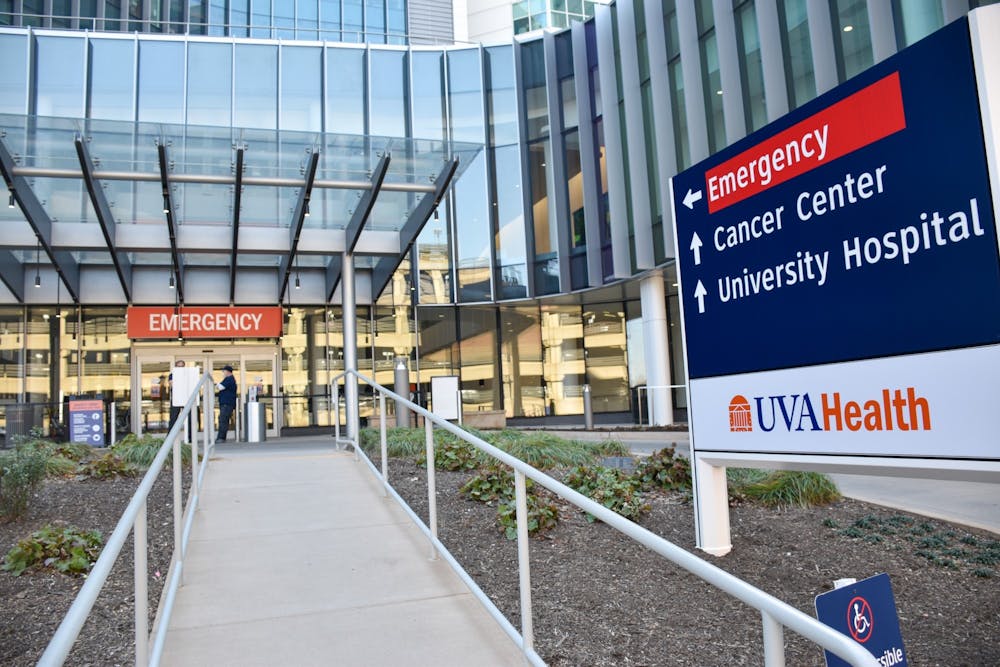The University will invest more than $75 million in neuroscience research as a part of its Grand Challenges Research Investments, which aims to provide strategic investments — such as new faculty hires — that will have a greater impact on key research areas as identified in the 2030 Plan.
The primary goal of the plan is to make the University the highest-ranked public university by 2030 through four overarching goals — strengthening existing systems, creating a vibrant student community, supporting research discoveries that improve lives and making the University synonymous with service.
Provost Ian Baucom, Melur Ramasubramanian, vice president for research and professor of mechanical and aerospace engineering, and Megan Barnett, vice provost for academic initiatives, will lead the Grand Challenges.
“We are making these investments with the clear intention to see results that we can scale up and share widely for the public good,” Baucom said in an interview with UVA Today. “That is a crucial expression of our mission as a public research university, and of the 2030 Plan’s emphasis on being great and good.”
Initial neuroscience studies for the Grand Challenges will include investigating why caregivers of Alzheimer’s patients are more likely to develop dementia than those who do not serve as caregivers, more thoroughly understanding the brain’s overall circuitry and development, cataloging neurodiversity among the many types of autism for enhanced educational and development tools and testing focused ultrasound to deliver immunological therapies across the blood-brain protective barrier.
The University will also hire more than 20 faculty members to assist in the neuroscience research and begin the Next Generation Scholars program, which will recruit and train 15 post-doctoral researchers with an emphasis on diversifying the field.
The University Grand Challenges Fund will provide $50 million of the investment while U.Va. Health and partnering schools — the School of Medicine, School of Engineering, College and Graduate School of Arts and Sciences, School of Nursing, School of Data Science, Frank Batten School of Leadership and Public Policy and Education and Human Development — will contribute $25 million to the initiative.
“A further advantage of making these investments is that it will put us in position to develop a world-leading comprehensive neuroscience institute, along the lines of a comprehensive cancer center,” Baucom said.







